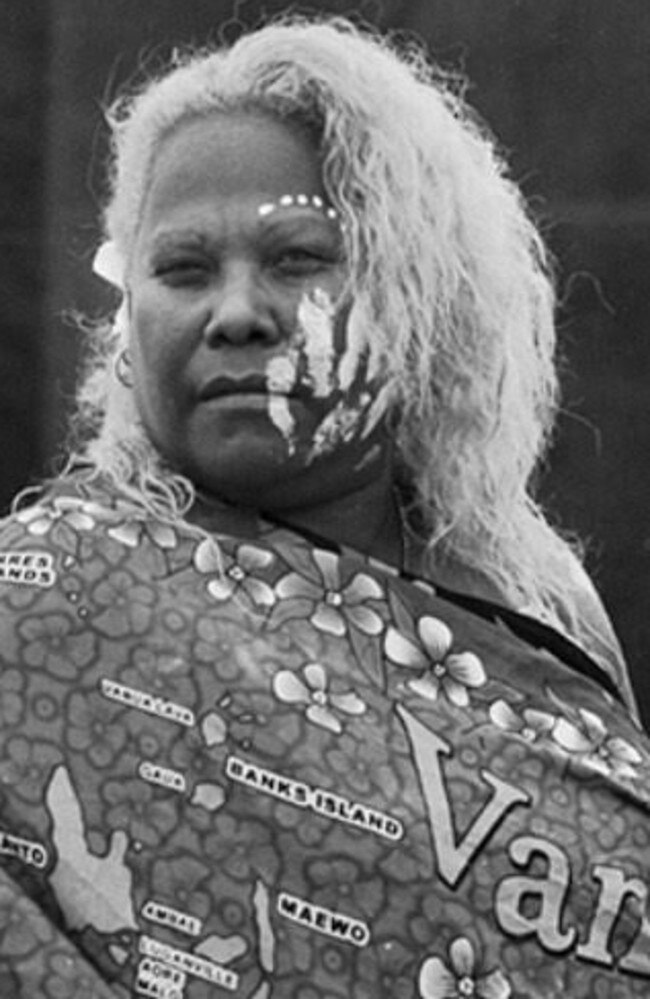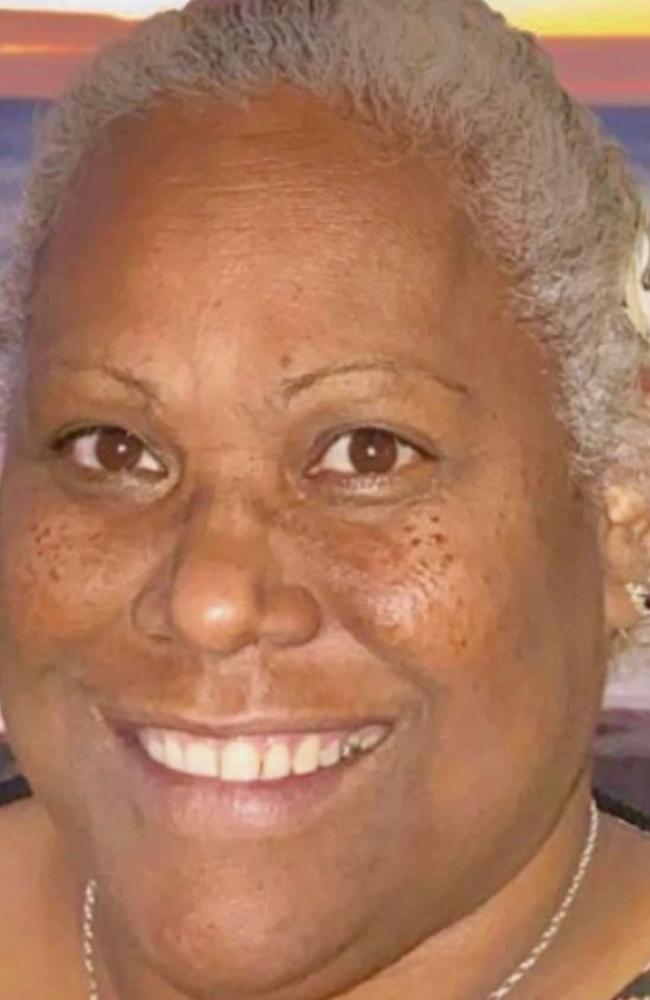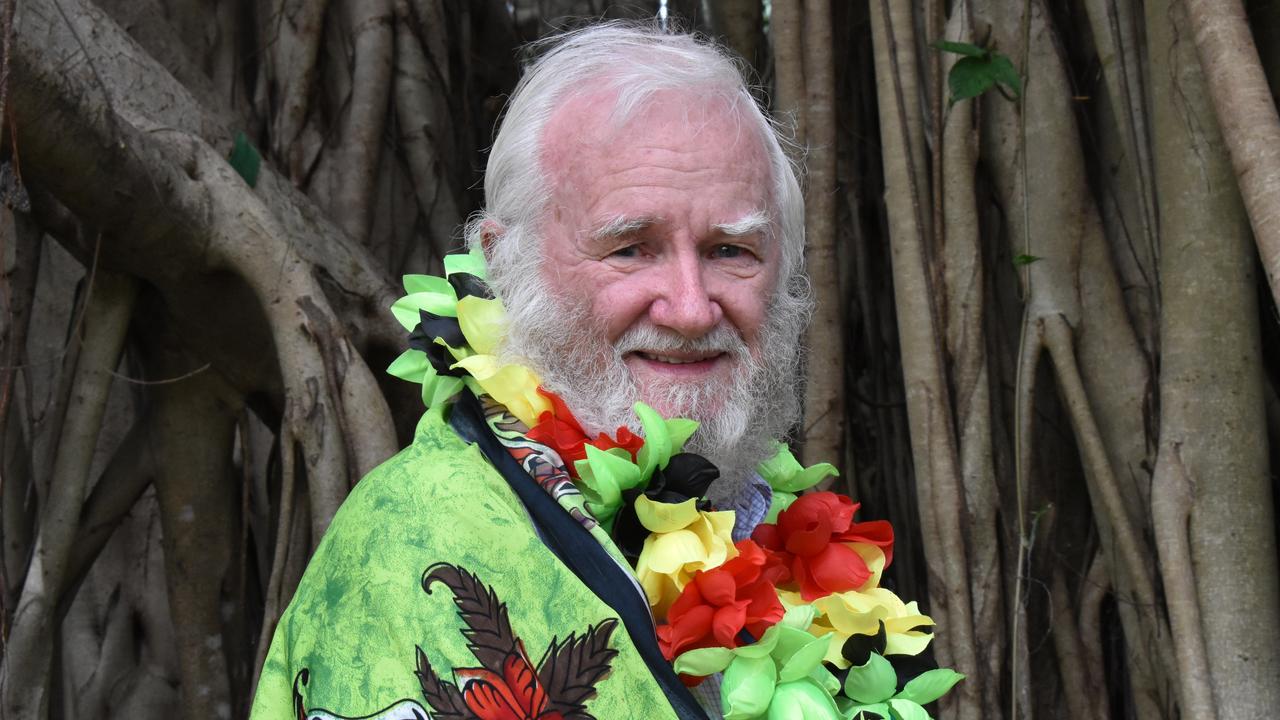Bowen’s Kaylene Butler reflects on NAIDOC Week 2022
A Whitsunday film producer whose ancestors were among the first indentured slaves in Australia says NAIDOC Week is celebrated each day as the once ‘forgotten people’ are recognised.
Whitsunday
Don't miss out on the headlines from Whitsunday. Followed categories will be added to My News.
Kaylene Butler is a proud Iman, Gungarri Umbie First Nations woman descended from a Blackbirded lineage she can trace back to Vanuatu.
Her ancestors were among the first indentured labourers from the South Sea islands and also First Nation Australians, those who were once the “forgotten people”.
But the proud First Nations woman is celebrating the changing discussion, and this year’s NAIDOC Week theme of Get up! Stand up! and Show Up! helped amplify her ancestors’ voice.
“For me, I think of our elders who have gone before us. I am one of the emerging and present elders in regional living in Queensland,” Ms Butler said.
“I feel that it represents our old people more. They made a pathway for us to get up, stand up and show up, the struggles of living in two worlds.
“We have to adapt to being part of the community and now it’s more for us to be able to be present.
“We’ve got a voice more now.”

Ms Butler returned to her grandmother’s homeland on Bowen’s Don River five years ago, a place where she created happy memories from holidays during her youth.
Her husband is a proud Gooreng Gooreng and Gurang man, part of the Port Curtis Coral Coast near Bundaberg where the couple travelled to celebrate NAIDOC Week this year.
“I’m still learning even with our South Sea islander heritage, we had been known to be the forgotten people,” she said.
“Coming from slaves it’s a big accomplishment for us, because that’s how we were brought up in a lot of our family way.”
The thread between her and her husband’s heritage is the cane fields along the east coast.
Ms Butler’s great great grandfather was a chief on Tanna in the Vanuatu islands, and was among the first indentured labourers in Queensland.
She said her family was “very much culturally oriented” and celebrated her ancestral history each day beyond NAIDOC Week which she acknowledged was important to recognise and appreciate her culture.
“It’s showing it’s a culture that’s passed down and because it’s our three generations, we dance,” she said.
“It’s our cultural life. That’s how I see our NAIDOC. We should have NAIDOC every day.
“My family and myself do have NAIDOC every day.”

A film producer whose work includes the upcoming Stan drama series Black Snow, Ms Butler said the arts were an important medium to share her family’s heritage.
“We are international artists, visual and performing artists,” she said.
“We do dancing as well for NAIDOC Week. We perform and we do art workshops also.
“We do an educational way of bringing our culture to our young who are in the community as well, to anybody.”
Ms Butler said she wanted to be part of the “black lens stories” of cultural stories and event recordings on film of First Nations people.
“That’s what we (First Nations people) have been doing for thousands and thousands of years, visually or performing, teaching our culture in sharing and exchanging stories,” she said.
“Our story is that we are evidence and we are living proof of descendants of slaves in Australia, Blackbirding from the South Seas and also our First Nations Australians for people to acknowledge that there were slaves in Australia, especially in Queensland.
“Because of our Old people, through trauma and their struggle we get up, stand up and show up.”




